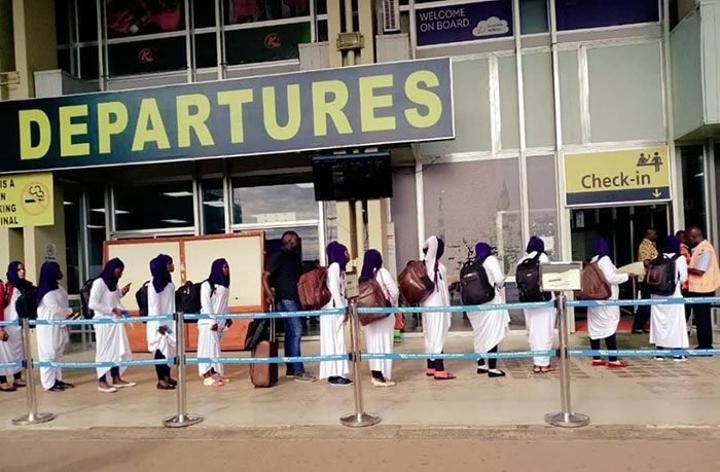Africa-Press – Uganda. The Ministry of Gender, Labour and Social Development (MGLSD) reports that about 2,000 Ugandans flee the country in search of jobs every month.
From 2016 to date, at least 223,102 domestic workers have left the country for the Middle East although the figures do not capture victims of trafficking in persons.
The largest percent of those seeking greener pastures are women who end up as housemaids, cleaners, waiters and waitresses.
Put into perceptive, about 30 mothers per month abandon their children for overseas jobs in Katabi Town Council, Entebbe, according to recent findings by civil society organisations in Entebbe area.
The fleeing mothers rarely leave behind measures on how their children will be catered for since most are single parents. In turn, this has led to child labour, child neglect, massive school dropouts and early pregnancies and child marriages in the area.
“There are rising cases of child neglect – fathers are not playing their roles while mothers are lately abandoning their homes for byeyo. And even when they do not set aside a plan on how their children will survive, government is discouraging children from joining childcare institutions (CCIs),” Priscilla Nagawa, the Katabi Child Development Officer said during a function organised by SOS Children’s Villages in commemoration of the Day of the African Child. “Instead, government wants children to live with relatives who are often not interested in taking them up.”
MGLSD data indicates that more than 50,000 children aged 0-17 live in CCIs such as orphanages, babies’ and children’s homes such as SOS Children’s Villages yet most of them have traceable family roots.
Uganda’s alternative care system for children is based on the United Nations Guidelines for Alternative Care of Children, which outline principles and standards for appropriate care of children, to ensure that they grow in a protective environment, free from deprivation, exploitation, danger, and insecurity.
CCIs are set up to provide shelter, love, care and other necessities for children where everything else fails. These also provide other childcare services that improve the livelihood of children. But they cannot work in isolation.
A funding gap, with support from government must be addressed, especially in areas of education and health. Local leaders should also be empowered to arrest errant parents who are capable of taking care of their children but deliberately abandon them.
Above all, a multi-sectoral approach is needed when it comes to the rights of children. And when these are protected, only then can abandoned children experience a sense of belonging.
For More News And Analysis About Uganda Follow Africa-Press






